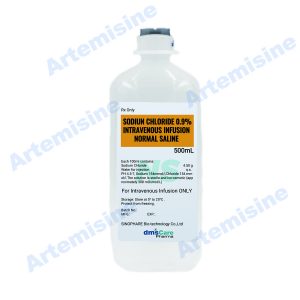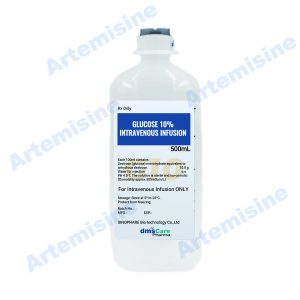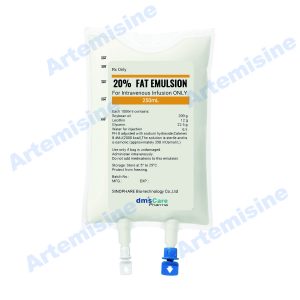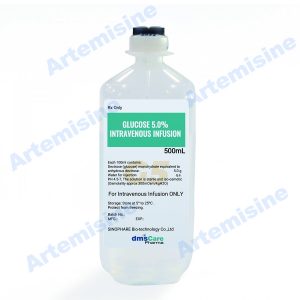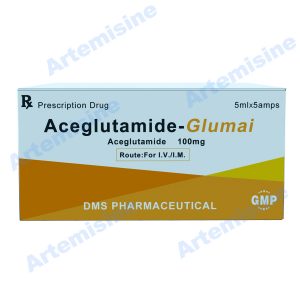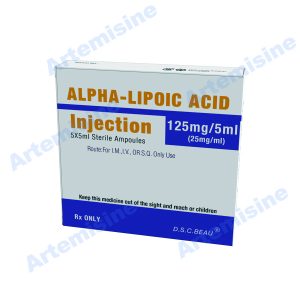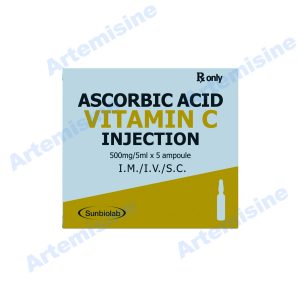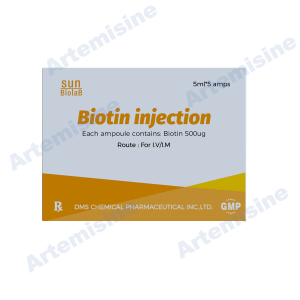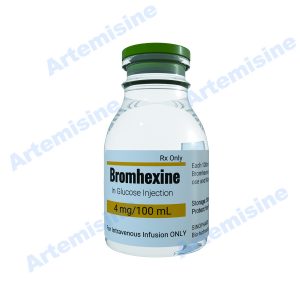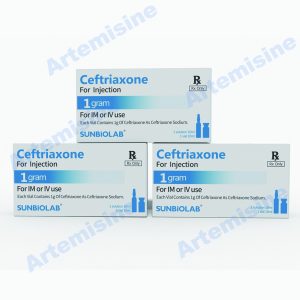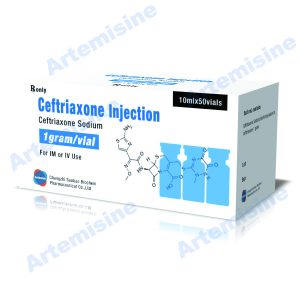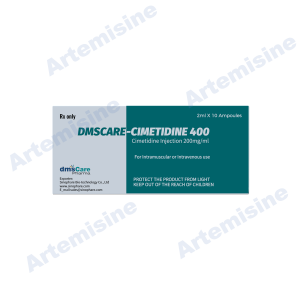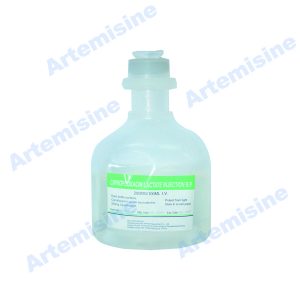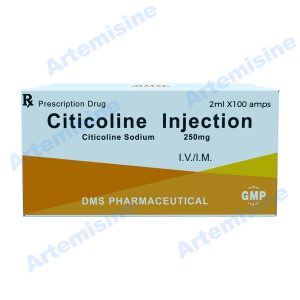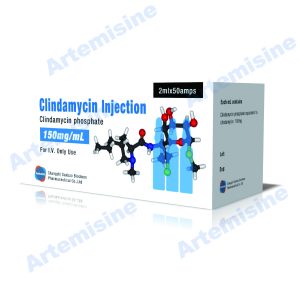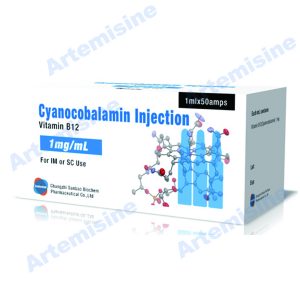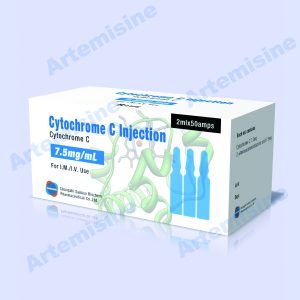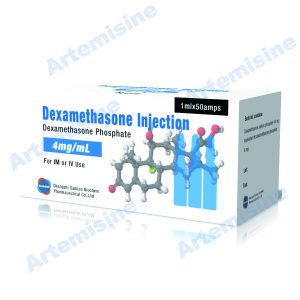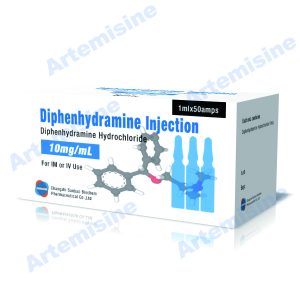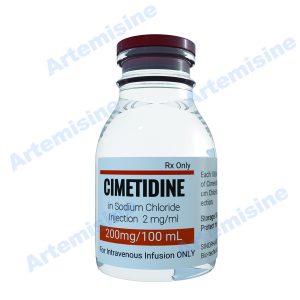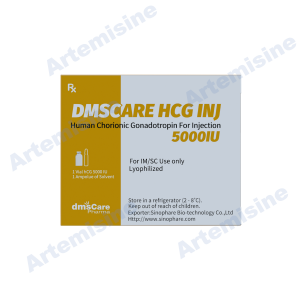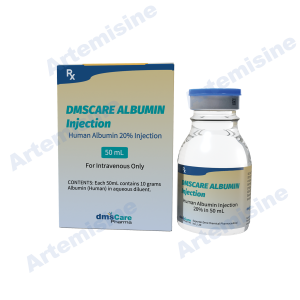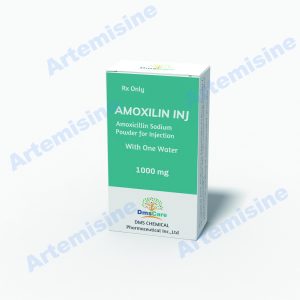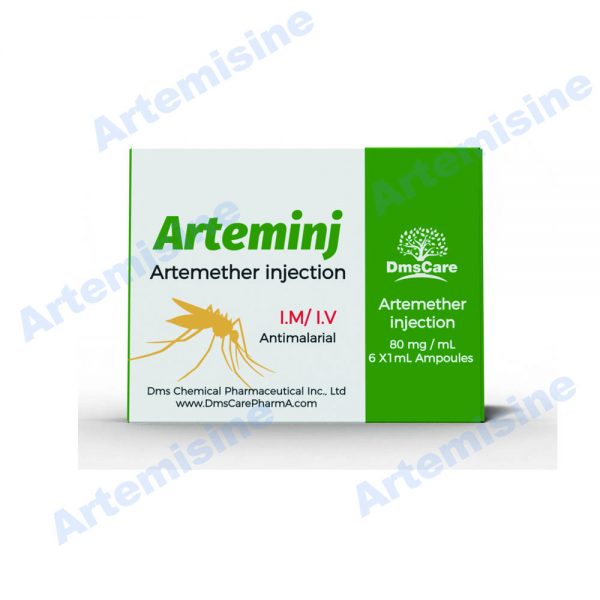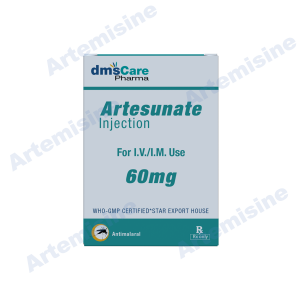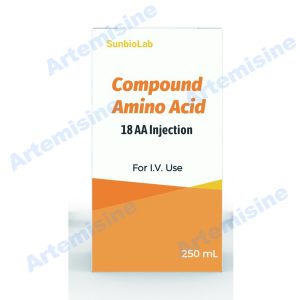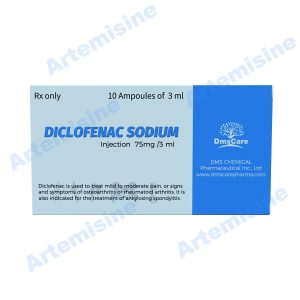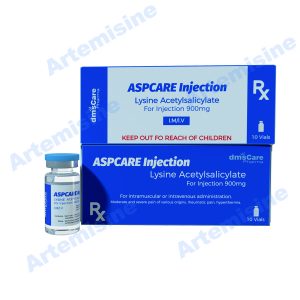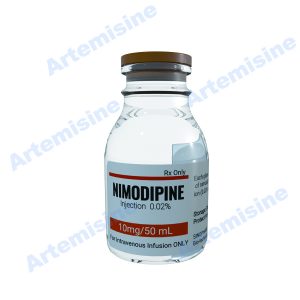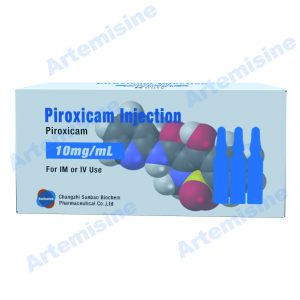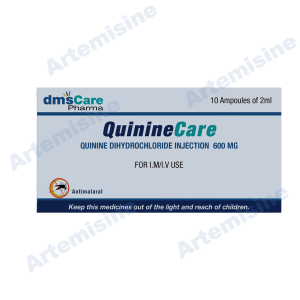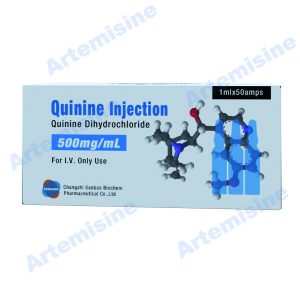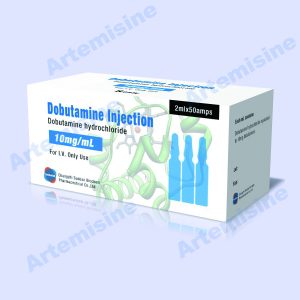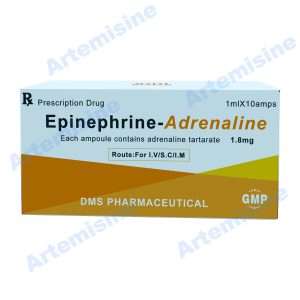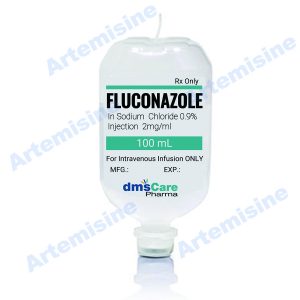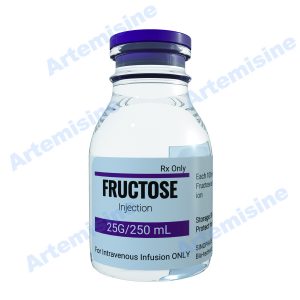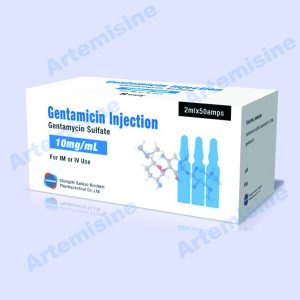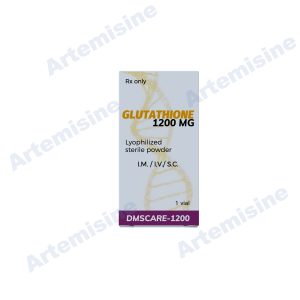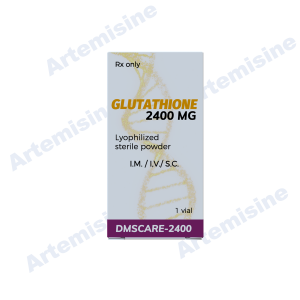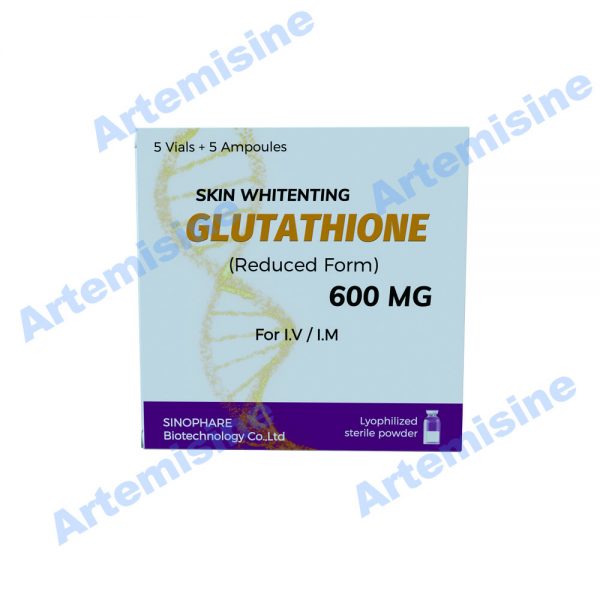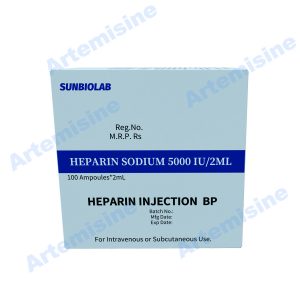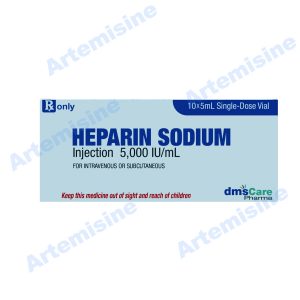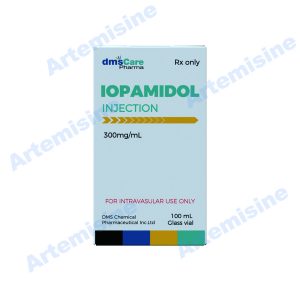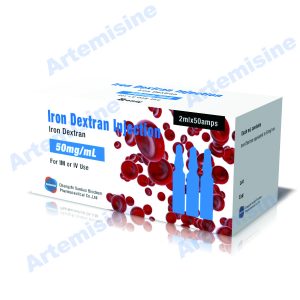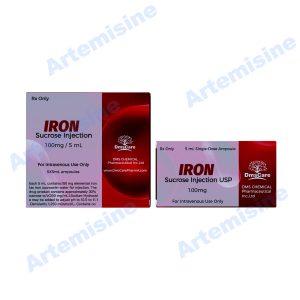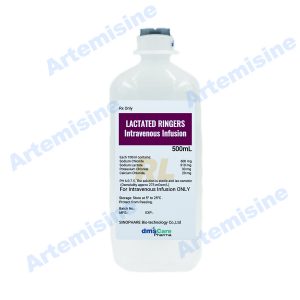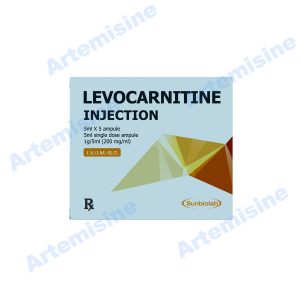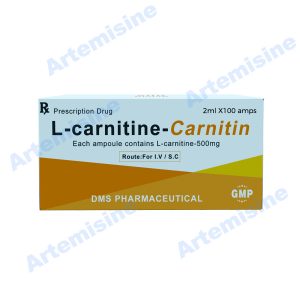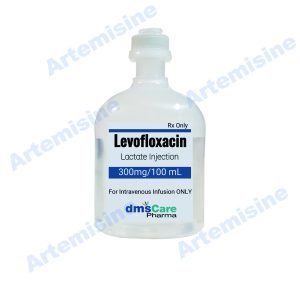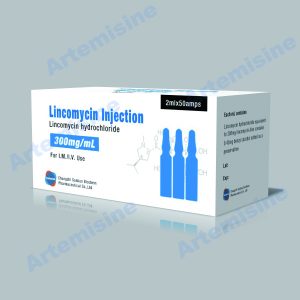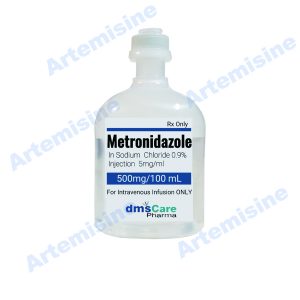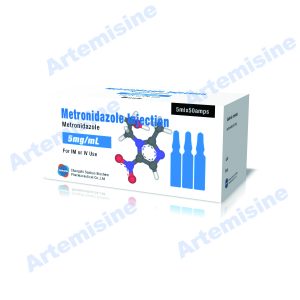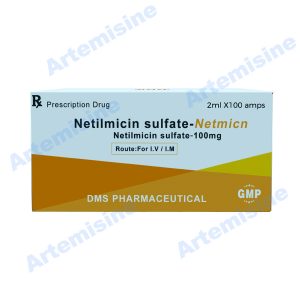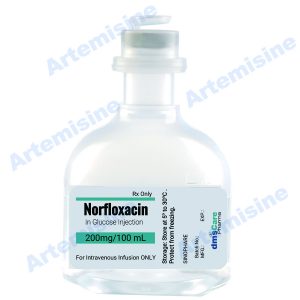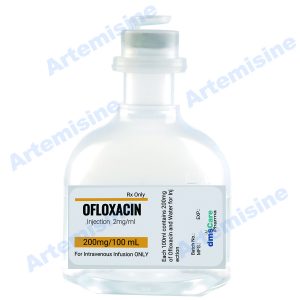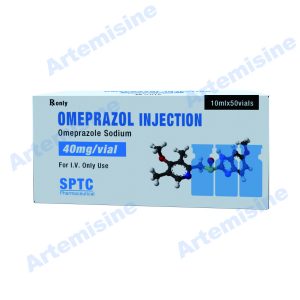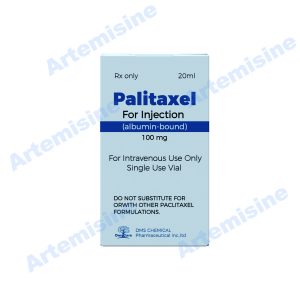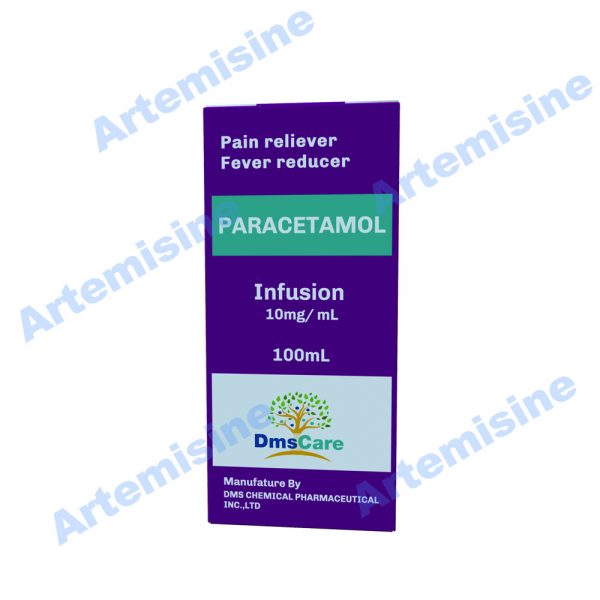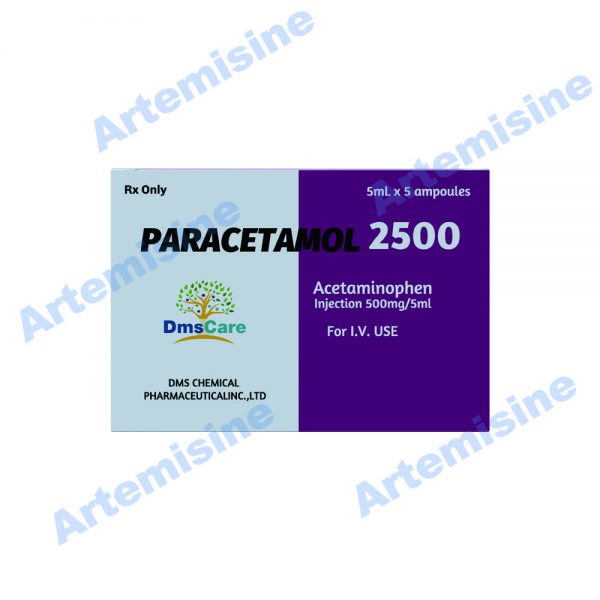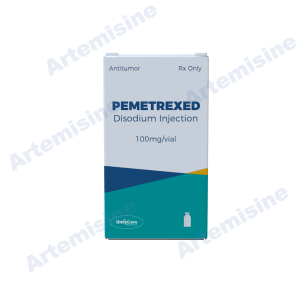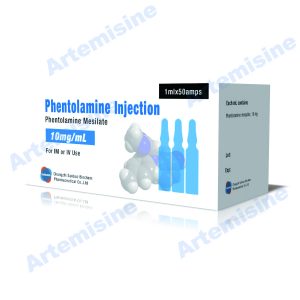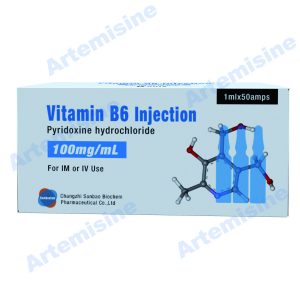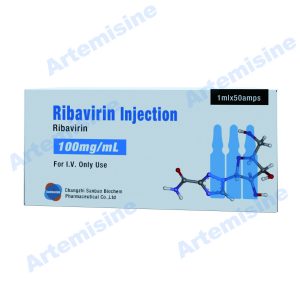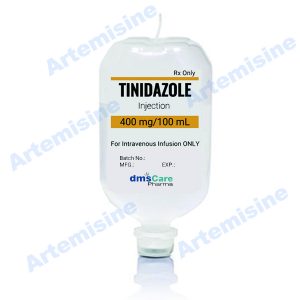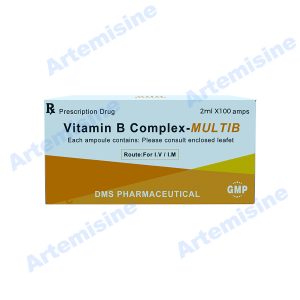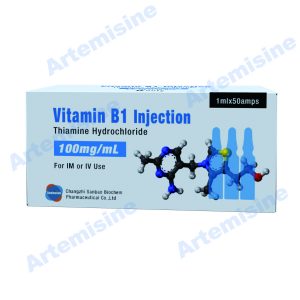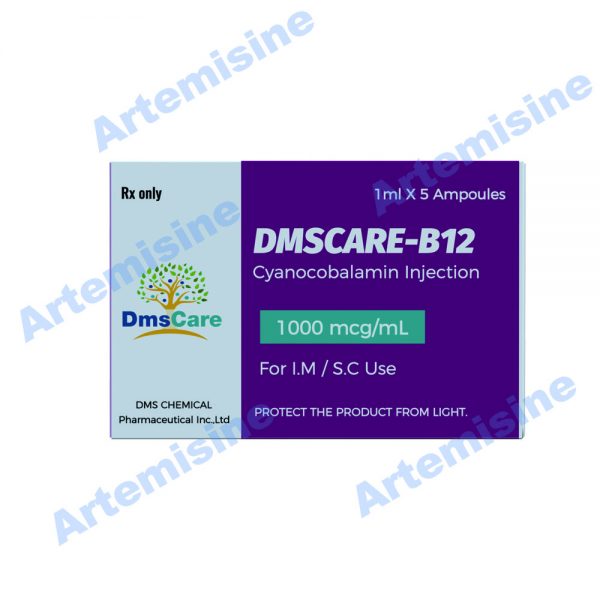Injectable Injectable medicines represent a critical category within the pharmaceutical landscape, offering precise and targeted delivery of therapeutic substances. These formulations are administered through various injection routes, each chosen based on factors such as the medication’s characteristics and the desired therapeutic effect.
**Intravenous (IV) Injections:**
Intravenous injections involve delivering medication directly into the bloodstream. This route offers rapid and complete absorption, making it suitable for medications that require an immediate onset of action or those with a high bioavailability. IV injections are commonly used in emergency situations, critical care settings, and for medications such as antibiotics, chemotherapy drugs, and certain biologics.
**Intramuscular (IM) Injections:**
Intramuscular injections deliver medication into the muscle tissue, allowing for a slower but sustained release into the bloodstream. This route is often chosen for medications that require a quick onset of action, such as vaccines, analgesics, and certain antibiotics. IM injections are administered using traditional syringes and needles or advanced devices like autoinjectors.
**Subcutaneous (SC) Injections:**
Subcutaneous injections involve delivering medication into the fatty tissue just beneath the skin. This route is suitable for medications that require a slower release and are commonly used for insulin in diabetes management, certain biologics, and hormonal therapies. SC injections are often administered using insulin pens, autoinjectors, or traditional syringes.
**Intradermal (ID) Injections:**
Intradermal injections deliver medication into the dermal layer of the skin. This route is less common but is used for specific purposes, such as tuberculosis testing and certain vaccines. ID injections are administered using fine needles and require specialized training.
Injectable medicines offer advantages such as precise dosing, rapid absorption, and the ability to bypass the digestive system. However, the choice of injection route depends on factors like the medication’s properties, therapeutic goals, and patient comfort.
Advanced drug delivery systems, including pre-filled syringes, autoinjectors, and infusion pumps, contribute to the efficiency and ease of administering injectable medicines. These innovations enhance patient adherence, reduce the risk of dosing errors, and improve overall healthcare outcomes.
In conclusion, injectable medicines play a crucial role in various medical scenarios, providing healthcare professionals with versatile options for delivering medications with precision and efficacy. Advances in technology and formulation continue to shape the landscape of injectable medicines, ensuring optimal patient care and therapeutic outcomes.
